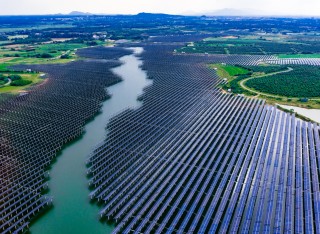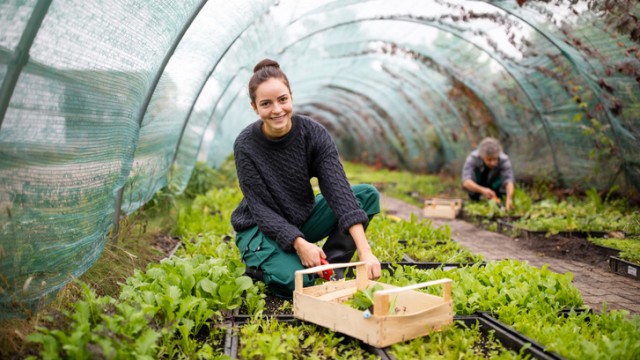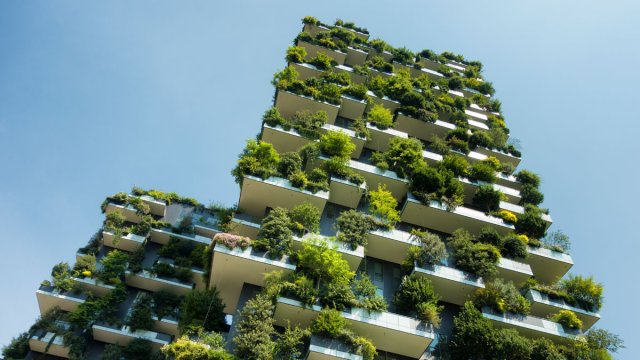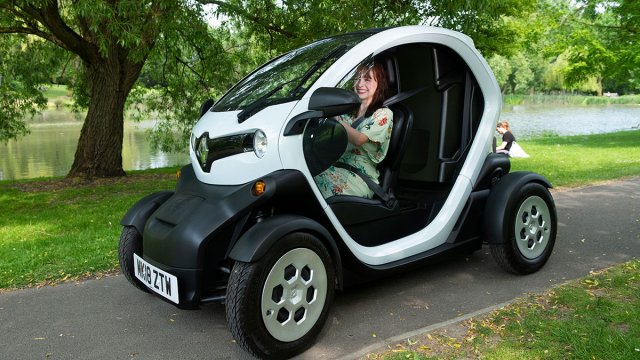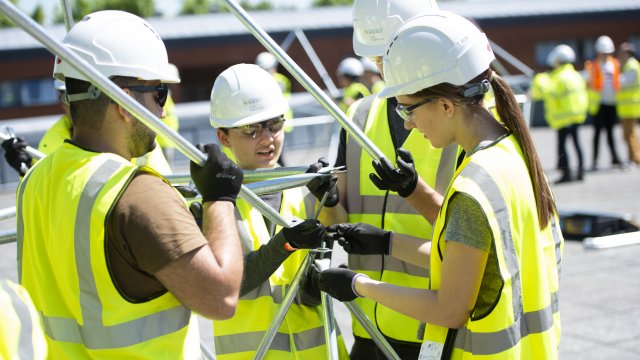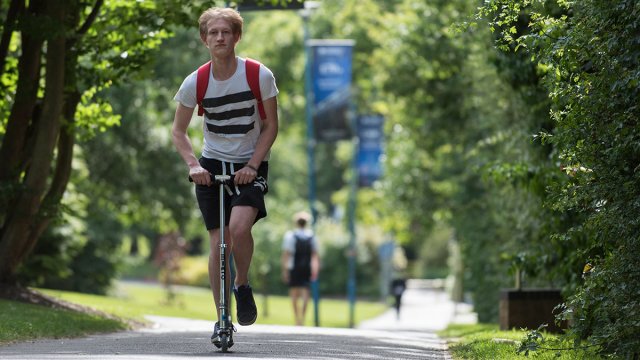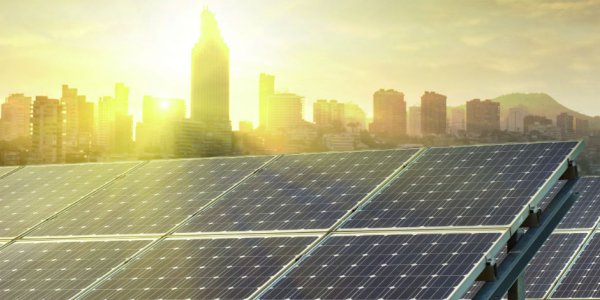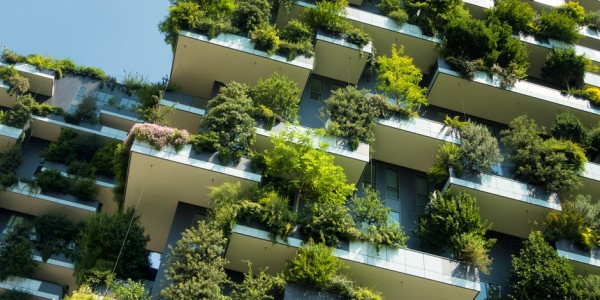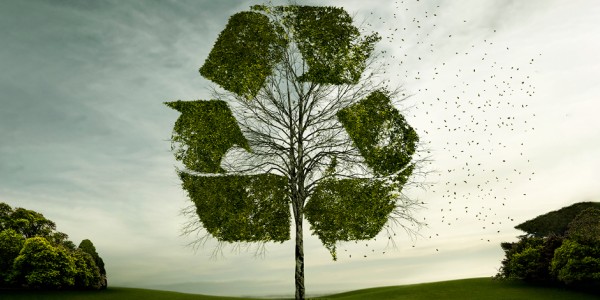
Institute for Sustainability
The creation of a pan-university Institute for Sustainability demonstrates the University of Surrey’s commitment to be at the forefront of transdisciplinary sustainability research.
This Institute will increase the scale and enhance the excellence of the University’s research and innovation in priority areas of sustainability research. Through transdisciplinary collaborations across faculties, and business and external partner engagement, we will break new ground to produce world-class research and effecting significant change for the long-term wellbeing for all.
What sustainability means to us
Our mission
Our purpose
We harness the power of collaboration across all disciplines (in the University of Surrey and beyond) to drive the transition to a sustainable world of long-term wellbeing for all.
Our approach
- We are a synthesis platform, holistically bringing together education and research for action.
- We use systems thinking and disruptive innovation to develop environmental, technological, social, economic and governance solutions.
- We partner with real-world champions in the public, private and third sector to showcase how change can happen.
Our commitment
We commit to achieving our purpose in a way that protects and enhances the health of social and environmental systems.
We must use our best expertise and passion to build a more sustainable and just society. It is the imperative of our generation. The Institute for Sustainability is at the forefront of this endeavour bringing together all scientific disciplines, from the natural to the social sciences, developing technologies for sustainable prosperity and wellbeing, and working closely with innovators, policy makers and business leaders, both in the Global North and the Global South.

Sustainability Innovation Hub
Our Hub brings together researchers from a range of disciplines to foster an ecosystem that encourages collaboration, with a commitment to turn research into actionable solutions.
Study sustainability
The University of Surrey offers a wide range of postgraduate courses in sustainability which encompass taught modules and project work. The University has also launched its first undergraduate degree in sustainability, focusing on addressing the challenges facing sustainable development from an interdisciplinary perspective.


